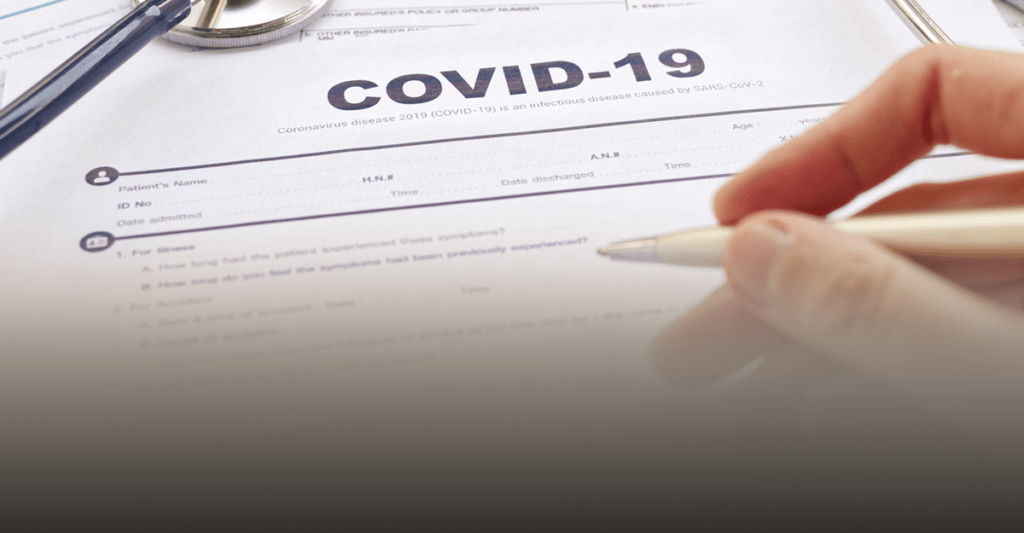
Survey Results: Listening and Learning from our Clients During COVID-19
Times of crisis can unveil unique opportunities for businesses and communities to discover improvements in their systems and processes. The global COVID-19 pandemic is a perfect example of that type of crisis, exposing strengths and weaknesses to a vast variety of industries and organizations, perhaps every single industry and organization all at once.
What are we learning? After surveying our clients, it’s complicated. Most travel plans were canceled, paid sick leave is scant. Some businesses have a robust continuity plan, but didn’t rank their preparedness for this virus very highly.
We at Regroup Mass Notification serve clients in many different fields, from enterprises to educational institutions, municipalities to hospitals. We know how much of a challenge this situation has presented our clients, but we wanted to drill down on the useful ways mass notifications are being used for emergency and day-to-day communications as the entire country and world has reacted to our new reality.
New realities such as: workforces suddenly working from home, many layoffs and furloughs, shuttered campuses and casinos, food supply chain challenges, and business closures. Regroup surveyed our clients to listen and learn about how they are using mass notifications to help them navigate the COVID-19 crisis.
In the survey, we asked questions about continuity of operations plans, emergency preparedness, and questions specifically tailored to the pandemic, such as business travel suspension and employee communication. A sample of what we learned, which we share in the spirit of togetherness, because we can all learn from each other in times of crisis:
Preparedness and Disruption
Not surprisingly, a major majority of respondents to the survey ranked the COVID-19 disruption as severely disruptive and expressed that they felt unprepared for the drastic changes that have impacted most of our lives and workplaces. The average score from our clients was 79 on a scale of 0-100. When respondents were asked to rank how prepared their organizations were for the pandemic on the same scale, the average score was 57.
Business Continuity Plans
Preparedness is greatly impacted by an organization’s business continuity (or continuity of operations) plans: how detailed they are, how often they’re reviewed and refreshed, and whether an organization performs drills or mock exercises to test them. A surprising 32 percent did not have an emergency management plan in place before COVID-19. Of those that did have a plan in place, 84 percent said those plans included communication and notification protocols.
Only 42 percent of respondents said their continuity of operations (or business continuity) plans included training and exercises, which may explain why so many felt unprepared to activate these plans when COVID-19 moved so quickly throughout the United States. We also learned that the organizations which felt most prepared frequently included a mass notification platform and communication protocols in their plans: 75 percent said an emergency or mass notification platform was a key component of their business continuity plans.
Response and Challenges
How have organizations responded to the outbreak? Most have suspended travel plans and identified staff who could work remotely. Fewer than 38 percent are offering paid sick leave to full-time staff, and only 34 percent are offering paid sick leave to part-time or hourly staff in response to COVID-19.
For survey respondents, the most challenging aspects of responding to the pandemic have been supply shortages (55 percent), managing staff morale (48 percent), and a lack of information from government sources (42 percent). Conversely, only 16 percent cited a lack of planning or resources within their organization, and only 19 percent cited a lack of communication from management as a challenge.
Getting Back to “Normal”
The big questions on everyone’s mind: How do we get back to normal? What does our new “normal” look like? And what steps should we take to ensure safety while reopening our organizations and society? Only 52 percent of respondents said their continuity of operations (or business continuity) plans included details on restoration of operations back to normal. Considering the severity of disruption caused by COVID-19 on our world, it’s clear that “getting back to normal” is going to take a significant amount of time.
For more than a decade, Regroup Mass Notification has helped our clients respond to — and recover from — thousands of emergency situations. This is our first pandemic, too, but we’re committed to navigating the days ahead alongside each of our clients to ensure their people stay safe and informed throughout the recovery process.
Table of Contents
Categories
- Regroup Product Guides
- Disaster Recovery
- Employee Safety
- Routine Communications
- Mass Notification
- Critical Event Management
- Emergency Preparedness
- Corporate
- Insurance
- Business Continuity
- Business
- Education
- Uncategorized
- Nonprofit
- Healthcare
- Hospitality
- Government & Public Services
- Our Clients
- Awards
- COVID-19
- Safety & Preparedness
- Announcements